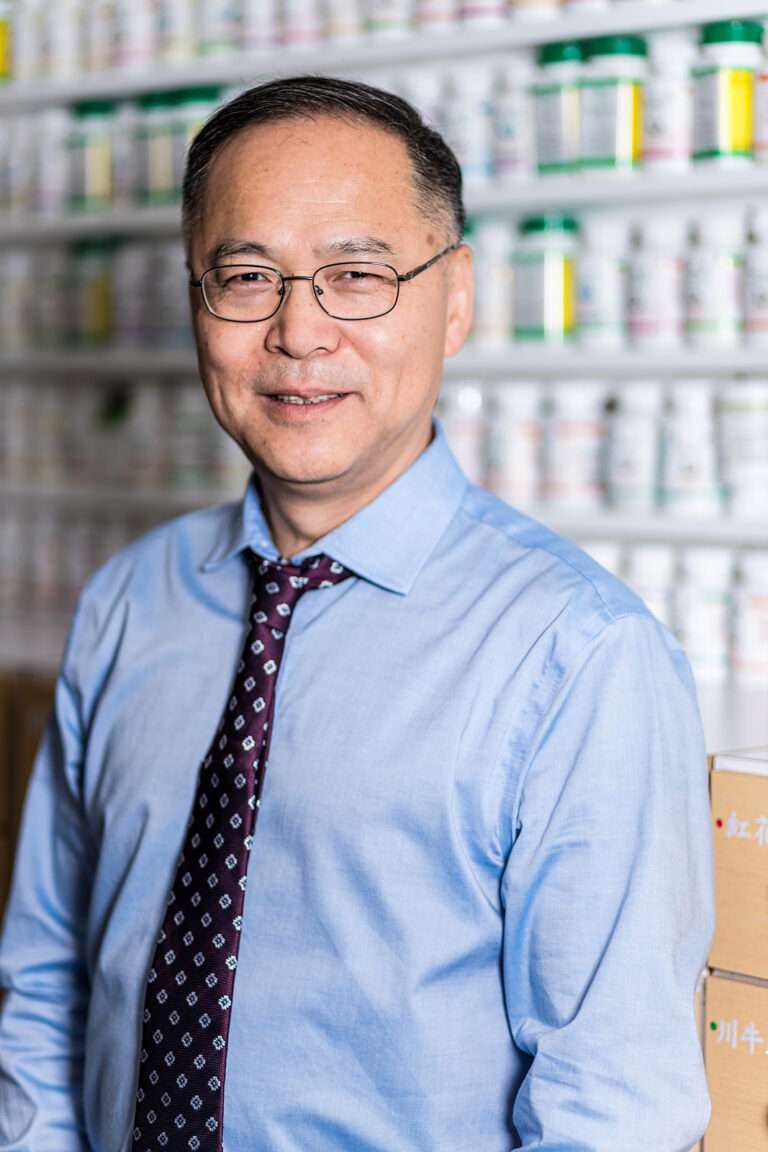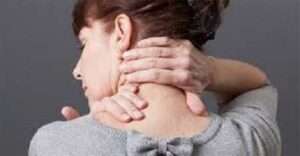BayVan Clinic of Acupuncture and Chinese Medicine
Apply Eastern Healing Wisdom through First-rate Professional Experience
Since 1986 China, 2005 Canada

- Registered Acupuncturist and Herbalist in BC
- Member of CTCMA
- Practice Acupuncture and Herbal Medicine in Victoria
- Taught Traditional Chinese Medicine (TCM) in Victoria
- Formerly Taught TCM in Guangzhou
- Co-writer of TCM Books (in Chinese and English)
- Author of TCM Research Papers (in Chinese)
- Conducted Research Projects on Integrative Chinese and Western Medicine in Guangzhou
- Formerly Practiced Integrative Chinese and Western Medicine in Wuhan and Guangzhou
- Received TCM Education in Wuhan
Acupuncture is Good for
Anxiety
Depression
Sciatica
Myalgia
Neuralgia
We treat what acupuncture can treat

Herbs are Better for
Uterine Bleeding
Infertility
Heart Failure
Asthma
We treat what herbal medicine can treat

We Directly Bill to
More than 30 Insurance Companies, including:





“Transform your health naturally with our personalized treatments.”
